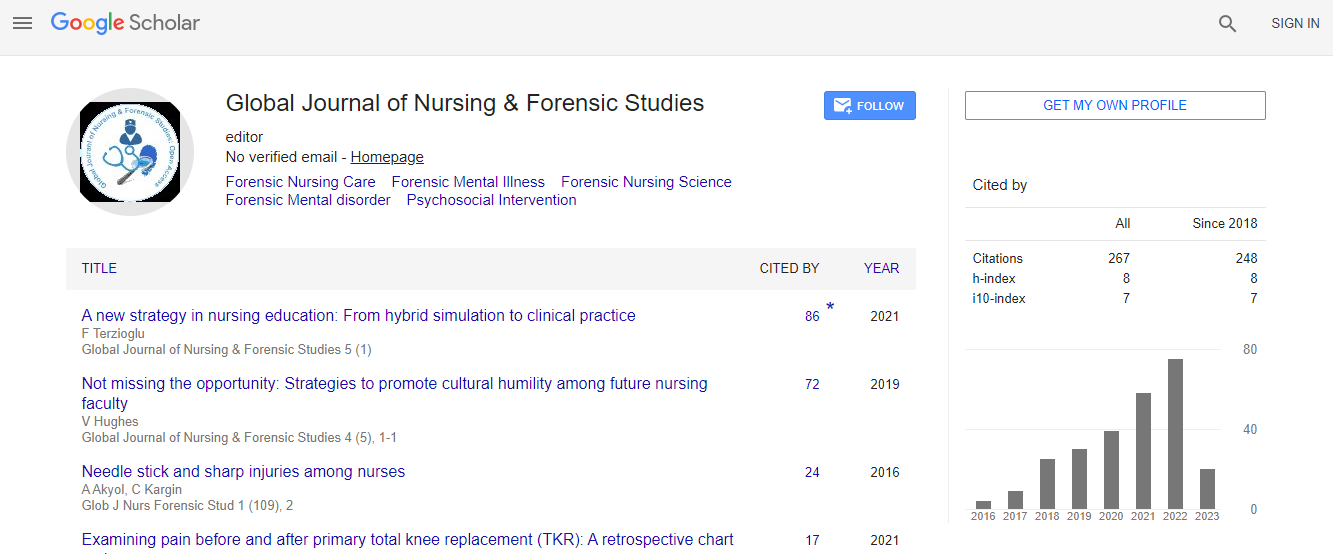Culturally Competent Care of Adults with Autism Spectrum Disorder in Primary Care
Abstract
A review of the literature regarding adults with Autism Spectrum Disorder (ASD) and their experiences with and in the primary care healthcare system. Ten articles; three qualitative studies, five quantitative studies, and two mixed method studies; found through CINHAL and OVID search engines are reviewed to explore the question: “In adults with autism, what is the effect of being cared for by culturally competent primary care providers, compared to being treated by primary care providers who are unable to identify their condition”. The literature shows that the number of adults with ASD is rapidly increasing and they have multiple psychiatric and medical comorbidities that require competent primary healthcare but the sensory, cognitive, and behavioural issues they have make communication with primary healthcare providers difficult for them. Similarly, primary care healthcare providers find they lack the knowledge and training necessary to competently care for adults with ASD. Therefore, the training of primary care healthcare providers in how to best care for adults with ASD needs to be developed and implemented so that they are competent in providing care to a vulnerable population

